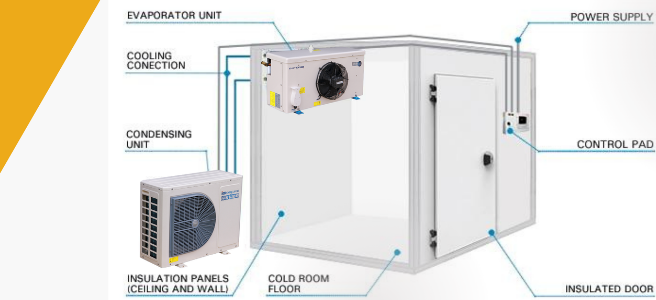Cost Analysis of Compressor Units from Various Manufacturers in Today's Market
Understanding Compressor Unit Price Trends by Manufacturer
Compressor units play a critical role in various industries, including manufacturing, HVAC, refrigeration, and automotive sectors. As the demand for energy-efficient and reliable compressor units continues to rise, understanding the price variations across different manufacturers becomes increasingly essential for businesses and end-users alike. In this article, we delve into the factors influencing compressor unit prices, the leading manufacturers in the market, and the implications of these price trends for consumers.
Factors Influencing Compressor Unit Prices
The pricing of compressor units is influenced by a multitude of factors. Firstly, the type of compressor significantly affects the price. There are various types of compressors, including reciprocating, rotary screw, centrifugal, and scroll compressors, each with its unique applications and price ranges. For instance, rotary screw compressors, known for their durability and efficiency, tend to be priced higher than reciprocating compressors due to their advanced technology and longer lifespan.
Secondly, the manufacturing brand plays a crucial role. Established manufacturers with a long-standing reputation for quality often command higher prices. Brands like Ingersoll Rand, Atlas Copco, and Gardner Denver have built trust in the market, and their products are often perceived as more reliable, which can justify their premium pricing.
Additionally, technological advancements can influence compressor prices. Manufacturers investing in research and development to create smart compressors with enhanced features, such as IoT connectivity and improved energy efficiency, may set prices higher to recoup their R&D investments. As industries move towards automation and smarter solutions, the demand for technologically advanced compressors is likely to increase, thus impacting their pricing.
Leading Manufacturers and Their Pricing Strategies
compressor unit price manufacturer

As of now, several manufacturers dominate the compressor market, each with distinct pricing strategies. Ingersoll Rand is known for its high-quality industrial compressors. Their product range typically spans from mid to high price points, reflecting their commitment to reliability and energy efficiency. Consumers often opt for Ingersoll Rand products, associating the higher cost with long-term savings and reduced maintenance.
Atlas Copco is another major player, offering both premium products and more budget-friendly options. Their pricing strategy includes a focus on total cost of ownership (TCO), emphasizing the energy savings and efficiency of their compressors, which can justify a higher upfront cost. Atlas Copco’s reputation for innovation allows them to command a premium in certain segments of the market.
On the other hand, manufacturers like Emerson and Sullivan-Palatek provide competitive pricing aimed at businesses looking for cost-effective solutions without compromising on quality. These manufacturers often cater to smaller enterprises or specific niches within the compressor market, offering solid performance at lower price points.
Implications for Consumers
For consumers, understanding the pricing dynamics of compressor units can lead to better purchasing decisions. It is crucial to evaluate not only the initial cost of the unit but also consider the potential long-term savings through energy efficiency and reduced maintenance costs.
Furthermore, businesses should align their choice of compressor with their operational needs. Investing in a more expensive, high-efficiency compressor may yield greater savings over time, while a more economical option might suffice for less demanding applications.
In conclusion, the price of compressor units varies significantly across manufacturers, influenced by factors such as type, brand reputation, and technological features. As industries continue to evolve toward greater efficiency and automation, staying informed about these trends can empower consumers to make educated choices that align with their operational goals and budgetary constraints. Understanding the landscape of compressor pricing is essential for maximizing both performance and value in the long run.






